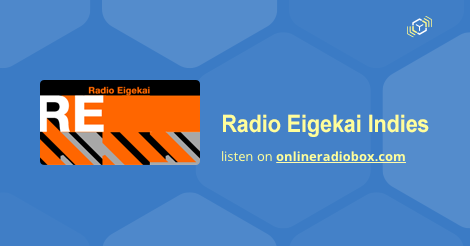Radio was once a revelation of media sources. Families around the world would tune in to hear their favorite artists, sports teams, or religious service. Today with the internet and streaming services, radio has been pushed to the back burner. The first sound wave transmitted over the radio was the voice of experimenter Reginald Fessenden. He produced about an hour of talk and music for anyone who might be listening. This first took place in 1906, 20 years before television was created. Two years later, Charles Herrold, from San Jose, California, began providing scheduled voice and music programs for amateur radio operators.
Radio began as a hobby for radio enthusiasts because at this point radio wasn’t accessible to everyone. Most people didn’t hear the broadcasts but merely heard about them. In 1917, the federal government restricted radio transmitters for the rest of World War I, which stunted the growth of radio. One of the world’s first scheduled radio broadcast, PCGG, began in Rotterdam, Netherlands. Other early stations were used by the Amsterdam Stock Exchange.
Japan’s first working radio set was assembled in 1925. In June of that year, the JOBK (Japan Broadcasting Corporation). The country began to mass produce that radio,but still, they couldn’t keep up with demand. Today the channel is used to broadcast news, current affairs, and information similar to that of the BBC. Today there are hundreds of different radio stations based out of Japan. While doing research, I found a variety of different genres of music and purposes. One station I found is called J-Rock Powerplay. They play Japanese Pop Rock. As I was listening to the music I began to wonder what would be the American equivalent artist, but without the title of the track or artist, I left with no answers. When I got on World Radio Map most of the stations I listened to were news. What kind of news would have been really interesting to know, but alas I don’t know Japanese.
Hi friends,
— Japan-A-Radio (@japanaradio) September 6, 2021
The owner's personal location was severely damaged due to a fire incident from a neighboring unit on Friday, September 3rd at approximately 2:00pm. This is just a message to let you know that they are safe and alright, but with this incident brings huge 1/
After running into a couple of walls trying to find some popular radio stations that weren’t outdated and no longer used, I stumbled upon J1 Gold. The station is based out of Canada but targets a Japanese speaking audience. Different from the two stations above that play current popular music, this station plays music that was popular during Japan’s “Showa era.” Basically, this means the music is popular Japanese songs from the 60s, 70s, and 80s. Their website is very interesting because they also feature news stories from the Japan Times, the weather, and the other sub-branches of stations they have, such as their original station J1 Hits which plays Japan’s current hottest hits. Their Twitter can be found here. But I think their target audience for Twitter is their staff. Most of the tweets are logistic updates. While listening to J1 Hits, I heard a song that sounded straight off one of my playlists, but it was completely in Japanese.
 |
The last station I’ll feature in this paper is a station I found while exploring Radio Garden. The station is called Eigekai Indies. I immediately became obsessed when I realized it was an indie radio station. When I first played the station, the music gave me indie music vibes so for that to turn out to be true is very telling of the style of music they play. Artists can send in their original music to the station and they might play their music. They play music from small Japanese music labels, such as Smallroom, Elefant Records, and Terno Recordings. The station is rather small and they don’t have any social media presence, but they have been around for a second and were founded in 1992. They also have other channels, such as Indie TYO (indie music from around the world), Asain Hearts (Music of New Asian Musicians), and Sigle Xes 4 (Hardcore Dance Tunes).
 |

No comments:
Post a Comment